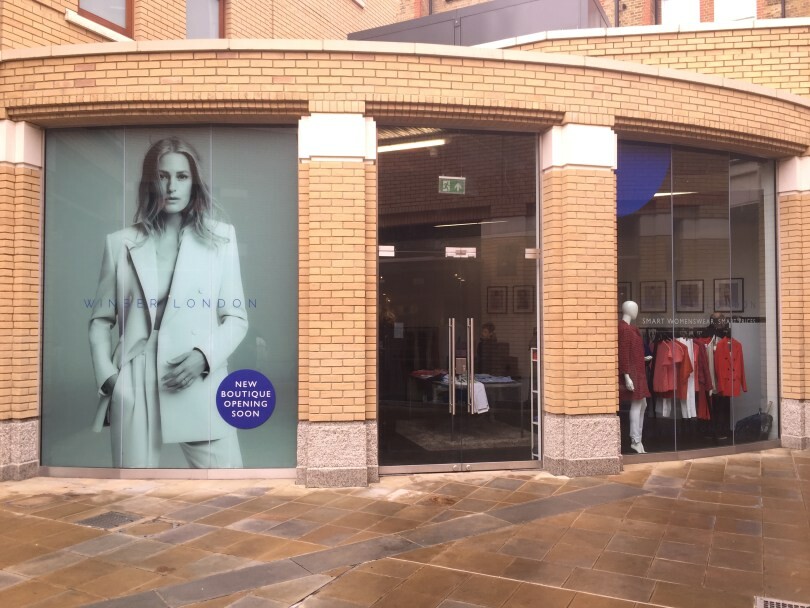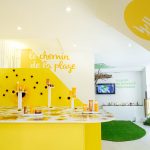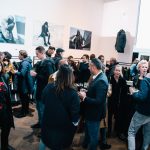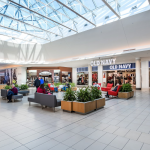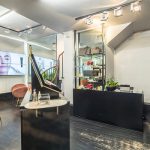At Storefront – across all our global cities including London, New York, Paris, LA and Hong Kong – we have seen a record number of brands booking short-term commercial spaces for boutiques, galleries, showrooms and events. Though some headlines speak of a ‘Crisis on UK High Street’ or ‘Thousands of Empty Spaces,’ we are actually seeing a growth in pop-up retail and more flexibility on the landlord side that is driving an increase in short-term bookings.
In the UK, retail remains the single largest private sector employer, and online sales only account for 17% of total retail sales, according to the Office for National Statistics. Pop-up stores and in-store experiences are on the rise, and according to research conducted by the ICSC this year, opening a physical store increases traffic to that retailer’s website and drives up the share of web traffic within that market by an average 27%.
Here are the top 5 retail trends we saw in London this past year.
- Large Institutional Landlords Are Shifting Their Mindset To Short-Term
Large Institutional landlords are opting for flexible leases. Over 40% of our pop-up spaces in London have been booked through these landlords, which demonstrates their changing attitude towards short-term spaces, their need to keep up with retail trends and their willingness to give opportunities to brands to promote themselves in hopes that they will be successful and take on a more permanent lease.
- Shop Shares and Concept Stores are Thriving
Independent brands that historically faced a barrier of having the sole financial responsibility of running their own store, can now book spaces to share with other brands and split the cost. Small businesses can now book these ‘concept stores’ and ‘shop share’ spaces for as little as £60 per day – whether it be a rail, shelf or window space – for a minimum of 1 day.

Without this, these businesses would have little chance of being able to book spaces in premium areas due to their lack of brand recognition, and the selectiveness of the property owners. We have seen a huge rise in the number of multi-brand collaborations (sharing economies do after all apply in retail!): Storefront has helped brands like The Cloud Boutique, Collective +, Really Wild and Daniella Draper, Dundas London, Lulu Sophia London, and Blake LDN book pop-up collaborative stores in central areas such as Chelsea, Marylebone, Nottinghill and Mayfair, and some of these stores featured over 20 different brands in their space.
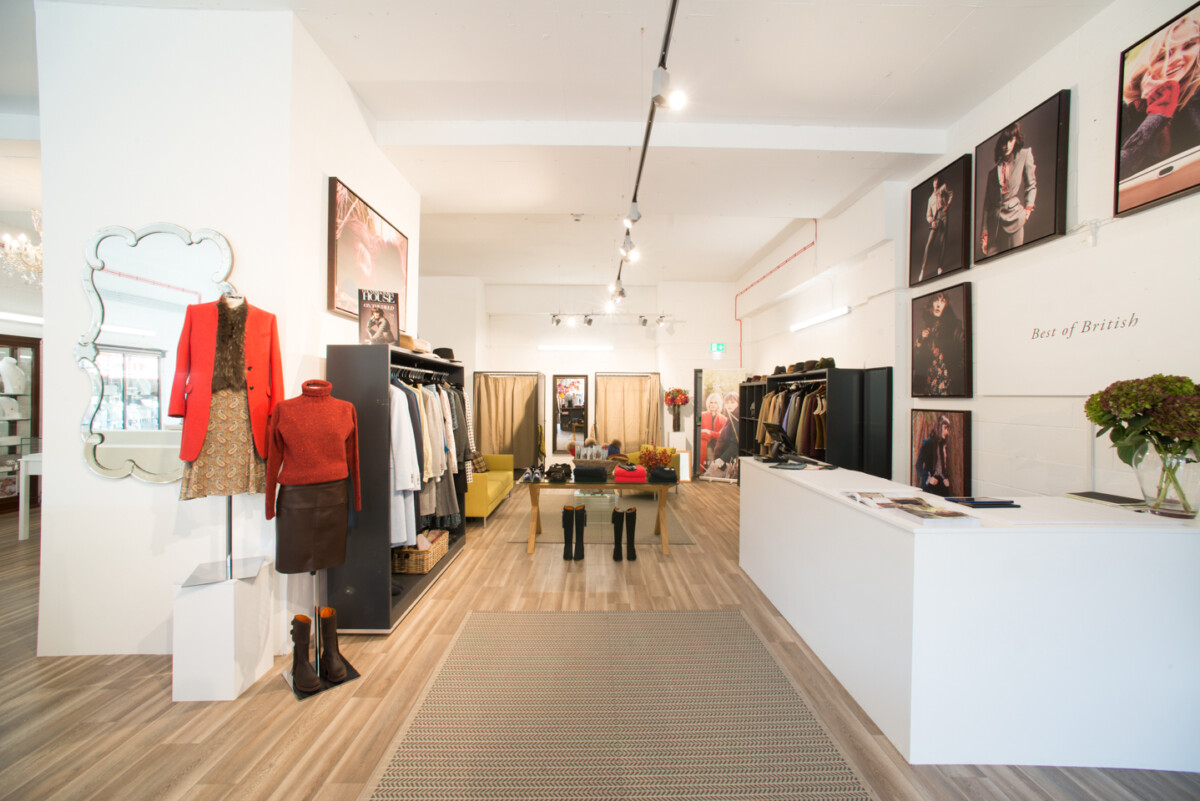
- E-commerce brands are investing in physical spaces
E-commerce brands see a physical presence as an essential part of their marketing strategy and an effective way to engage existing and new customers off-line. The FANG companies as they are known (Facebook, Apple, Amazon, Netflix and Google) have all launched pop-up stores this year through Storefront in several of our global cities. Our Facebook pop-up store on Carnaby street in particular proved to be a very helpful way for the public to speak with Facebook employees directly and discuss issues with the platform, rather than tracking down a person in their call centre team.

- Customer Experience Is The Key To Drive High Footfall In-Store
Customer experience drives high foot-traffic into a space, helps brands engage with their customers – and vice versa. This was the case with an experiential food pop-up store we launched on Marylebone High street with the Italian pasta brand Rana. The brand has a huge following in Italy and used this space to promote their products in the UK, which followed with the roll out of their product to major supermarkets such a Sainsburys and Waitrose, and a permanent restaurant space to follow in the coming year.
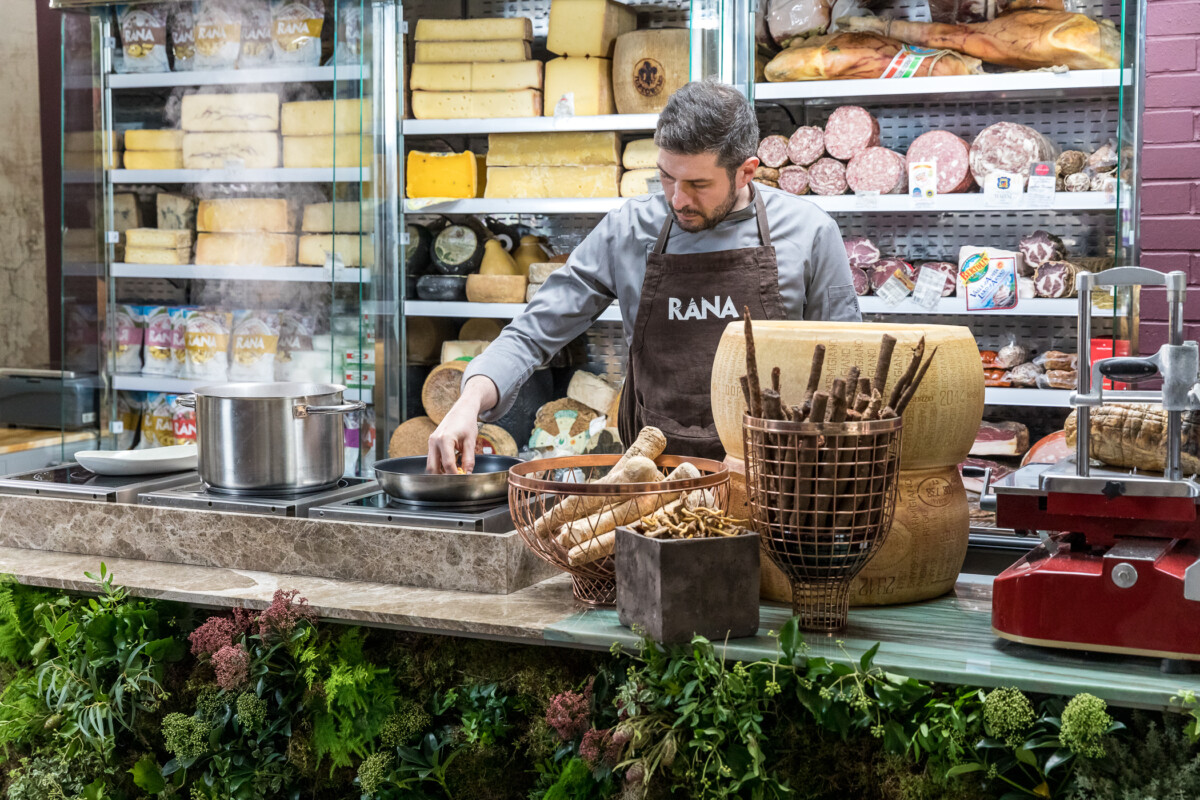
Non-alcoholic gin brands including Seedlip, Marylebone Gin, Sipsmith have also created amazing pop-up store experiences with multiple tasting events and informative workshops through the use of pop-up stores in London all throughout December. We see this trend set to continue next year with a range of other non-alcoholic drink brands.
- Brands Are Launching Many Pop-Up Stores In Various Neighborhoods
There is a growing trend of brands adopting a marketing strategy of launching several pop-up stores in different areas of London, or different cities altogether. The Womenswear brand Winser London, plus Menswear brands like Sir Plus, Jam Industries, Cotton Story, Classic Football shirts, and Mantidy all launched several pop-up stores in different London areas this year (plus if they’re successful, each hopes to launch permanent stores).
Booking pop-up stores across multiple cities is a trend we see set to continue into next year. Brands such as Gymshark, Sezane and Brompton Bicycle have used the Storefront platform to pop up in multiple cities at the same time, choosing the short-term route to expand first, as launching a permanent space in new cities can be both risky and costly. This way, these brands can use a test and learn strategy before expanding with permanent brick-and-mortar stores. (Plus with Storefront, brands can book these short-term spaces in just a few easy steps and quickly launch products and events across multiple different cities).
Book your next London pop-up with us store today!
- The Chinese Retail Market: Pop-up Stores and Massclusivity - November 30, 2020
- 7 For All Mankind Builds Buzz with Its Pop-Up Store in Le Marais - May 1, 2019
- 3 Reasons To Open a B2B Pop-Up Store - February 20, 2019

